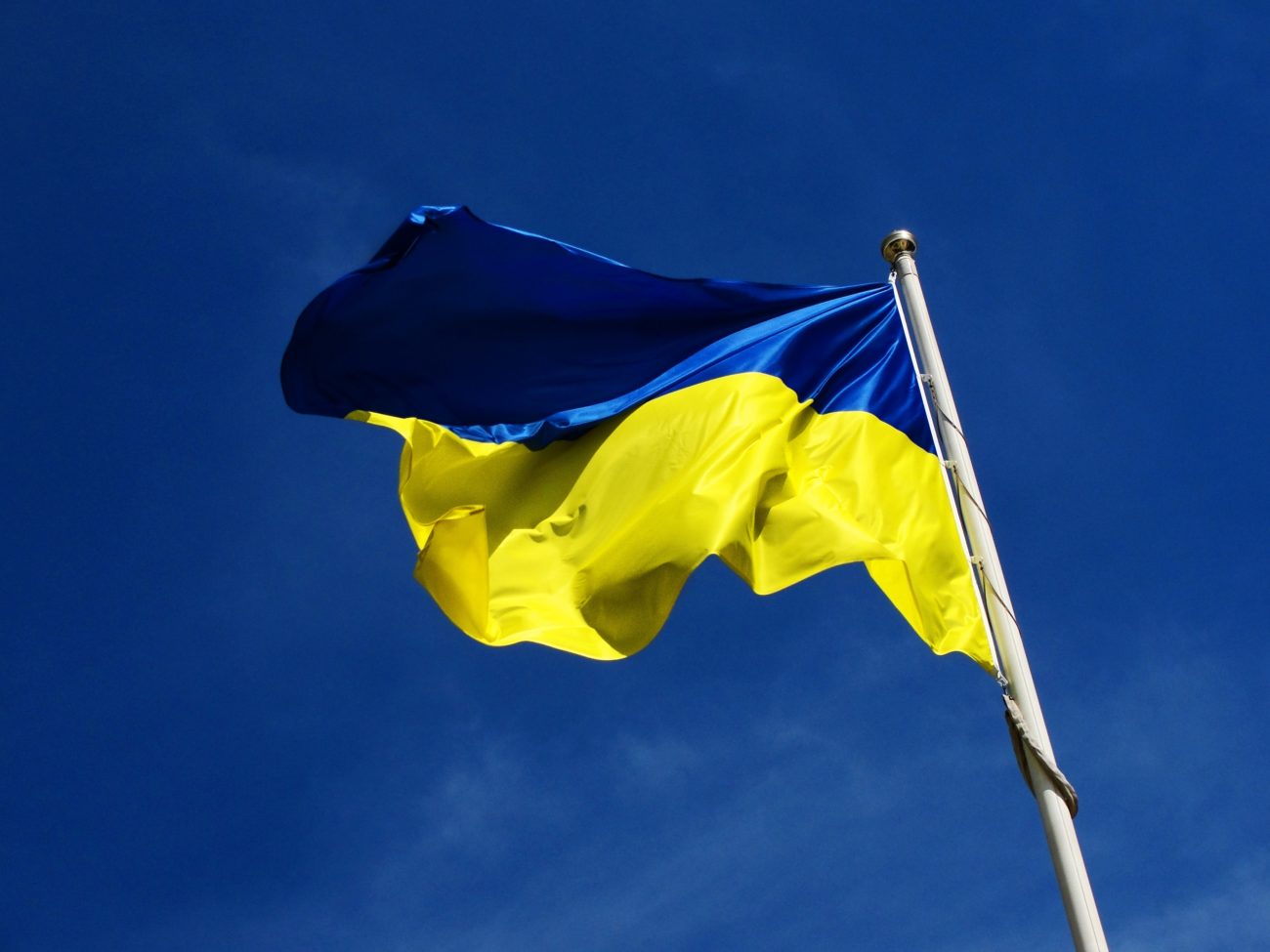
Ukraine’s president, Volodymyr Zelensky, is to consider restricting online gambling for the armed forces following a petition from a Ukrainian soldier.
The plan for restrictions was announced during the Ukraine president’s evening address to the country’s citizens on 2 April.
The government is now preparing conditions to “tighten control” over the online gambling industry in the country to “help protect the interests of society”.
The announcement follows a petition demanding restrictions on online gambling for Ukrainian soldiers, launched on 29 March.
The petition, published on the website of the president’s office last week, collected a total of 26,041 signatures within hours of it being launched. Any petition with 25,000 signatories automatically requires presidential consideration.
The petition to restrict Ukraine online gambling
The petition, launched by a solider of the 59th brigade, Pavlo Petrychenko, aims to draw attention “to the harm that the gambling business causes to the Ukrainian army and Ukrainian society”.
Petrychenko calls for gambling and access to online casinos to be banned for military personnel by martial law.
For service personnel, “gambling becomes the only way to cope with stress and therefore quickly causes dopamine addiction and weakens their self-control”.
Petrychenko also draws attention to vulnerable soldiers spending their entire salaries on gambling and resorting to loans.
This, he highlights, puts both them and their families in a “debt pit, or pawning drones and thermal imaging cameras, thereby harming not only themselves, but also their fellow citizens”.
It is also claimed that gambling companies have taken advantage of this vulnerability with marketing orientated towards military personnel. This includes using symbols of the armed forces, as well as “whitewashing” their activities “with small charitable donations”.
Russian companies taking advantage
It is also alleged that Russian online casinos are targeting Ukrainian players. This is in order to “gain access to the personal data of military personnel and other citizens”. The debts accumulated by servicemen can also be used by Russia to pressure soldiers into betraying their country.
According to Article 93 of the Constitution of Ukraine, the president of Ukraine has the right of legislative initiative. This means that draft laws determined by the president can be immediately considered by Ukraine’s parliament, the Verkhovna Rada.
Petrychenko calls on the president to submit an immediate bill to the Rada, which will provide for the banning of all online gambling for service personnel during martial law.
This should also include the prohibition of all advertising associated with the armed forces. To address the issue of “whitewashing”, the petition calls for banning all charitable donations from gambling firms.
This also includes prohibition of charitable assistance, including the accepting of property. All advertising or public references to charitable assistance by gambling companies should also be prohibited.
To tackle the issue of debt-afflicted soldiers, it requests that pawnshops be prohibited from accepting drones, thermal imagers and other similar dual purpose goods. Internet and mobile operators should also block all website access to illegal casinos.
The Ukraine president’s response on online gambling
President Zelensky has tasked Ukranian authorities to address the prevalence and impact of online gambling. This was announced in his 2 April evening address.
“I have instructed the chief of the Security Service of Ukraine (SBU), the Special Communications Service, the Digital Transformation Ministry and the secretary of the National Security and Defence Council to collect all the analytics on this issue and propose a solution next week,” he said.
While online gambling has officially been prohibited in Ukraine since 2009, it was re-regulated in July of 2020. According to a Telegram post by the chairman of the parliamentary Finance Committee, Danylo Hetmantsev, gambling businesses in Ukraine paid UAH2.2bn (£45.0m/€52.0m/$56.0m) in taxes for 2024. This follows UAH10.4bn for 2023.
The Ukrainian government has previously looked to clamp down on illegal gambling in the country. Earlier this year, the Economic Security Bureau of Ukraine seized UAH700m from an unnamed leading gambling operator over tax evasion.
According to the Bureau, the gambling operator is accused of evading paying UAH1.20bn in taxes in Ukraine. The operator in question does hold a licence in the country.
The Bureau says an investigation found people employed by the operator have been running unlicensed online gambling. More than 30 “mirror” sites similar to that of the licensed operator were offering gambling illegally.
Tackling illegal gambling in Ukraine
The case marked the latest step by authorities to tackle illegal gambling in Ukraine. Last year, several new laws came into effect while other measures were proposed.
One new law outlines procedures for organisations subject to anti-money laundering and counter terrorist financing (AML/CTF). Coming into effect last July, the law means operators in the country now face more stringent inspections.
A month later, Ukraine also proposed preventing banks from lending money to self-excluded consumers. The proposed amendment to Ukrainian gambling laws would require lenders to carry out expanded checks.
There could also be a change in regulator in Ukraine, with the future of KRAIL up in the air.
Deputy prime minister, Mykhailo Fedorov, in May 2023 submitted a draft law proposing KRAIL be dissolved and replaced with a new executive body. Fedorov referenced the regulator’s ongoing failure to issue gambling licences in a timely manner.
KRAIL operates as a collegial body consisting of a chairman and six members. Meetings are only valid if five members are present, which is necessary for a licence application.
However, after the country’s invasion by the armed forces of Russia, some Commission members were mobilised into military service. This made it impossible to continue KRAIL meetings and caused delays to regulatory work, including issuing licences.